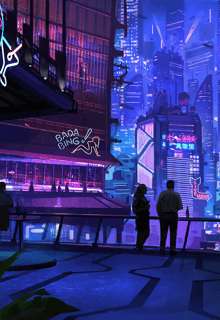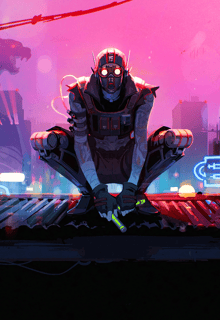After Ubisoft shut down a game released in 2014, gamers throughout Europe say that this is robbing customers of their purchases and have started an initiative to stop publishers from taking down service games.

Gamers from Europe have started an initiative to prevent game publishers from shutting down service games and making them unplayable after a while. The initiative "Stop Killing Games" is now making its rounds on social media, and more and more people from all over Europe are joining in. But how did it come about in the first place, and what's the catch?
After researching the matter and asking the Initiative's spokespeople for a statement, we have the answers.
The "Stop Killing Games" Initiative

This whole initiative was brought to life after the beloved Ubisoft title "The Crew" was shut down after being in service for 10 years.
"We understand this may be disappointing for players still enjoying the game, but it has become a necessity due to upcoming server infrastructure and licensing constraints. Decommissioning a game, and especially our first one, is not something we take lightly. Our goal remains to provide the best action driving gameplay experience for players and to deliver on it, we are continuing to provide new content and support for The Crew 2 and the recently launched The Crew Motorfest." ~ Ubisoft
The initiators believe this to be "an assault on both consumer rights and preservation of media" and want to press charges against Ubisoft for shutting down "The Crew". Irrespective of this, they also started the EU Citizen Initiative "Stop Destroying Videogames" to prevent more publishers from putting down their games in the future, which is currently up for signing. The goal is to find a way where players would still keep the game in a reasonably functional (and playable) state after service has ended.
In a statement towards EarlyGame, spokesperson, Ross Scott, informed us of the legal background of the action against Ubisoft. He told us that "The Crew" is sold as a one-time purchase without an expiration date but requires an external service to function. If considered goods, customers are deprived of their purchase. If considered services, customers aren't informed of the service duration at purchase, preventing informed decisions due to the varying lifespan of these games.
By supporting initiatives like this one, Scott wants to help clarify the legal status of games like "The Crew" and ensure that consumer rights are protected.
The initiative has so far collected over 180k signatures in many EU countries and seeks 1 million by July 31, 2025. But the whole thing is not only met with positive feedback, since many people consider it unrealistic and wonder if it would even be possible for publishers to keep their games in a playable state after ending service or even migrating games to privately hosted servers.
It's also important to note that not all games manage to be profitable throughout a long time, and some actually never reach profitability. So it is hard to find a balance between giving the customer what they have paid for, but also not giving publishers an undue burden that might hinder their ability to innovate and create new titles. Despite the challenges, the "Stop Destroying Videogames" initiative has sparked important conversations about game preservation and consumer rights and is a first step in finding solutions to these issues.
Possible Solutions
After asking the initiative's spokespeople for a statement about possible solutions for the Ubisoft dilemma, Ross Scott, a supporter of the campaign, has suggested the following:
- Patch the game to remove server dependency and enable private hosting.
- Release the server source code, as done for "World in Conflict."
- Provide "repair" instructions, such as:
- Releasing packet documentation
- Removing DRM (Digital rights management)
He also highlighted that they have no problem with companies shutting down games whenever they would like, but would just wish to see that being done responsibly.
Daniel Ondruška added to that, saying that publishers should ensure an end-of-life plan so that people who bought the game can continue to reasonably play at once support ends from their side.
"Our goals are essentially to stop games from being "destroyed" needlessly. We're very open minded with how this happens, but there are hundreds of unplayable games today due to this practice with hundreds more at risk, with the number increasing." ~ Ross Scott
What do you think of this? Feel free to let us know in the comment section :)






























